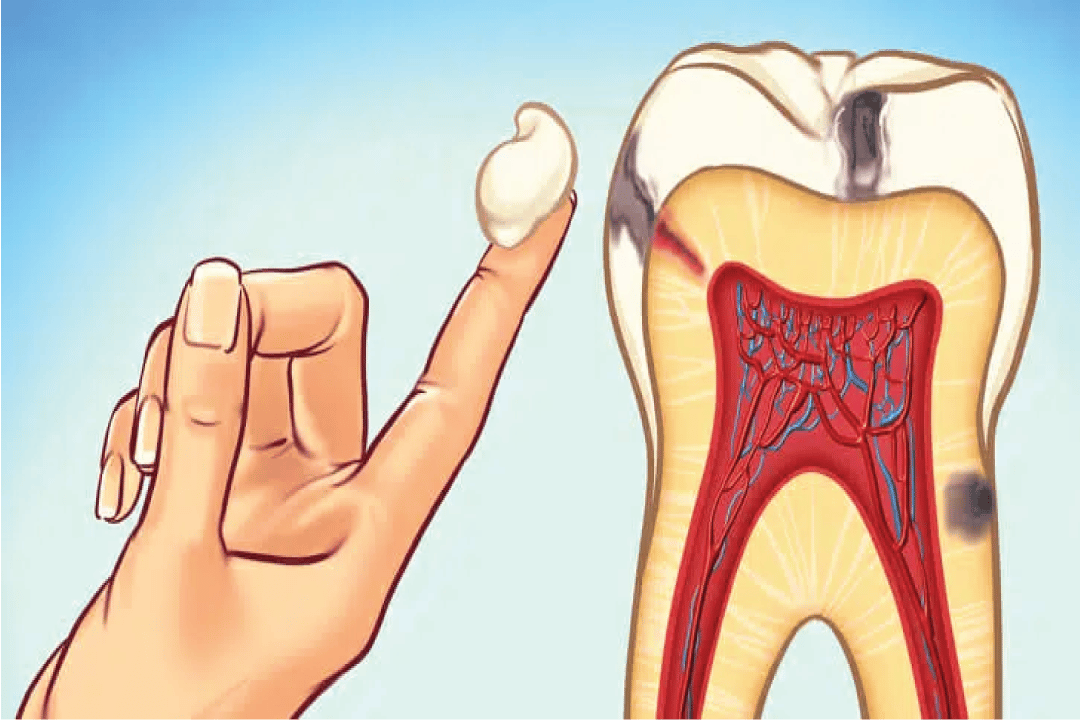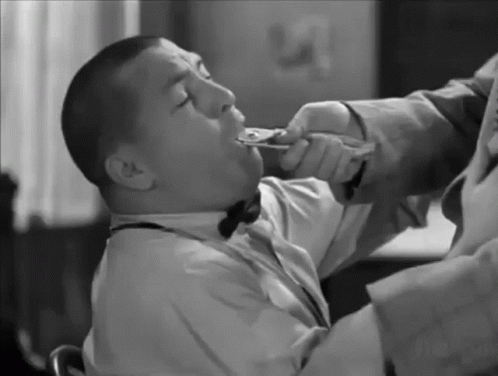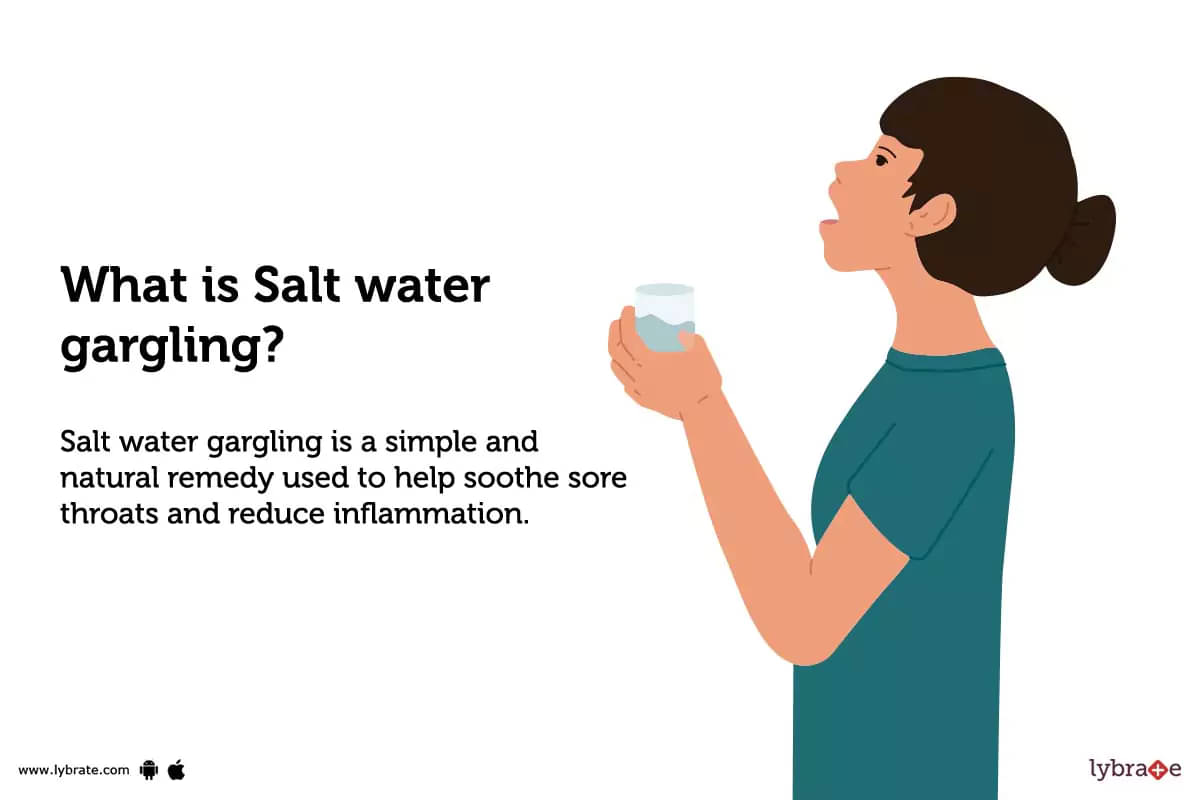What is good for toothache and how to relieve it?
Toothache is the name given to pain that develops in or around the tooth. Smaller toothaches may be caused by temporary gum irritation.
What is Toothache?
Toothache is the name given to pain that develops in or around the tooth. Smaller toothaches may be caused by temporary gum irritation that the individual can relieve at home. However, more serious and severe toothaches are caused by dental and oral problems that will not heal on their own and need to be treated by a dentist.
The pulp inside the tooth has a soft structure filled with nerves, tissues and blood vessels. These pulp nerves are among the most sensitive nerves in the human body. When these nerves become irritated or infected with bacteria, they can cause abscesses and severe pain.
A toothache itself is not directly a very dangerous health problem. However, an untreated infection in your tooth or any part of your body can always spread to the rest of the body.
As this infection spreads, you can become seriously ill and this illness can even become life-threatening. If the toothache does not improve, you need to see your dentist.
What is Good for Toothache?
Natural methods that are good for toothache:
- Gargle with salt water or hydrogen peroxide,
- Apply ice to the painful area,
- Use a high pillow when sleeping,
- Do not chew with the painful side while eating,
- Eat soft foods
- Do not consume sweets
- Do not consume very cold or very hot food and drinks.
- Take painkillers,
- Apply clove oil,
- Take advantage of vanilla extract,

Gargle with Salt Water or Oxygenated Water

Salt water can loosen debris between teeth and provide a sort of cleaning. It may also reduce inflammation. Put half a teaspoon of salt in a glass of warm water and stir. Rinse your mouth thoroughly with this mixture. “What is good for inflammatory toothache?” One of the answers to the question may be the use of oxygenated water. Hydrogenated water can help relieve inflammation and pain. After gargling with oxygenated water, rinse your mouth thoroughly and do not swallow the oxygenated water.
Apply Ice to the Painful Area
“What is good for toothache at home?” When you think about it, the first suggestion that comes to mind is to apply ice to the area where there is pain and swelling, if any. You can apply a cold compress to your tooth for 15-20 minutes with an ice pack wrapped in a towel. You need to repeat this every few hours.
Use a High Pillow When Sleeping
Using a high pillow while lying down or when going to sleep can relieve toothache. Because blood pressure hits the head in the lying position and toothache is felt more severely. A pillow can alleviate this somewhat.
Take Pain Relief

“What is good for severe toothache?” One of the first answers that comes to mind is undoubtedly painkillers. Most of us immediately turn to painkillers for toothache and gum pain. However, if the problem is at the root of the tooth, this method is temporary and the pain begins again after the effect of the medicine wears off.
Apply Clove Oil
Clove oil is an antiseptic that can help relieve pain and inflammation. Drop some clove oil on a piece of cotton and apply it to your aching tooth. You can also add a drop of clove oil to a small glass of water and rinse your mouth with it.
Put in a Mint Tea Bag
A feature similar to the soothing effect of mint on nausea is also valid for toothache. You can cool a mint tea bag and apply it to the painful area. Make sure the bag is cool.

How to Relieve Toothache?
If toothache is caused by irritation;
- Do not chew food with that area,
- Consume soft foods such as eggs and yoghurt,
- Do not eat very cold or very hot foods,
- Stay away from sweet foods,
- Do not smoke,
- Brush your teeth regularly,
- Clean between your teeth using dental floss,
- Go to the dentist twice a year.
For severe toothache, use painkillers. “What is good for a throbbing toothache?” If you think so, know that you cannot relieve this pain by yourself at home. Because if the toothache is throbbing, it is a pain inside the tooth and cannot be relieved at home without going to the dentist.
Never use products such as alcohol or cologne to relieve pain. Because such products cause gum irritation and burns in that area of the mouth. Spend the night with a simple painkiller and be sure to go to the dentist the next day. To prevent cavities that can cause toothache, floss at least once a day and brush your teeth regularly while maintaining oral hygiene. Dental floss and interdental brushes help to remove food debris and plaque (the sticky form formed by bacteria on tooth surfaces). See the dentist twice a year.
How to Treat Toothache in Children?

If your child is old enough, ask him to point to his aching tooth and describe the pain. You can do the following to relieve toothache in children:
- Have the child rinse his mouth with warm water. Even ask him to mix a teaspoon of salt and make a shake with it.
- If something is stuck between your teeth, remove it using dental floss.
- Check for swelling or acne around the tooth. Because this may be a sign of tooth abscess. Check for tooth fractures or discoloration.
- Apply cold compress.
Treatment of toothache in children depends on the child's age, symptoms and general health condition. Treatments for toothache in children include antibiotics, painkillers, mouthwash with salt water, tooth extraction, filling, cleaning of abscesses, and root canal treatment. It is important to check every 6 months against tooth decay, which is common in children.

What Causes Toothache?

Pulp, known as the pulp of the tooth, is a soft substance filled with nerves, tissues and blood vessels. These pulp nerves are known to be one of the most sensitive nerves in the body. That's why toothache is felt when these nerves are invaded by bacteria or an infection called abscess develops.
The causes of toothache are various. The most common cause of toothache is tooth decay . Tooth decay is usually caused by inadequate and unconscious oral hygiene. Bacteria settling in the mouth weaken and decay the enamel, which is the outer protector of the tooth, after a certain time. Tooth decay can also be hereditary.
Causes of toothache can be listed as follows:
- gum diseases,
- Erosion of tooth enamel,
- Tooth decay and dental abscess (bacterial infection in the tooth pulp),
- embedded teeth,
- Sinusitis,
- Repetitive movements such as clenching, grinding or chewing gum
- Tooth fractures,
- Damaged filling,
- Tooth eruption (teeth coming out of the gum) and teeth eruption around the age of 20,
What are the symptoms of toothache?
Toothache symptoms include:
- Swelling on the face or inside the mouth,
- bleeding gums,
- A sensitivity to cold or heat,
- Pain decreases with cold or heat,
- Restriction in opening the mouth,
- Fire,
- Headache.
Are you aware that your toothache often starts at night? This is because blood pressure rises to the head while lying down. In this case, you should go to the dentist without wasting time.
Sometimes a throbbing toothache or a constant toothache may be felt. In some people, pain may only occur when pressure is applied to the tooth (such as biting something). Decayed teeth may appear as a brown or white spot.
The first symptom of tooth decay is the pain felt when eating sweet, very hot or cold foods. Toothache can be severe or mild. It may also start suddenly. It gets worse at night. Lost fillings and broken teeth can initiate pain. It can sometimes be difficult to understand whether the pain is in the upper or lower teeth. If it is related to the lower teeth, the pain can often feel like it is coming from the ear. Pain in the upper teeth may feel like it's coming from the sinuses, cheekbones, and small, air-filled spaces in the forehead. If the infection is close to the developing tooth, pain may be felt more in the jaw and it is more sensitive to touch.
If the toothache lasts longer than two days, gets worse, feels fever, ear ache and pain when the mouth is opened, and there is swelling in the mouth and face, a dentist should be visited. Being able to properly diagnose and treat dental infections prevents infections from spreading to the skull and face, as well as the bloodstream.
How to Prevent Toothache?

Since many cases of toothache are the result of tooth decay, careful attention to oral hygiene can prevent toothaches caused by:
- Brushing teeth regularly with fluoride toothpaste,
- Using dental floss at least once a day,
- Seeing a dentist twice a year for a professional cleaning is considered good oral hygiene practices.
- However, choosing foods low in sugar can help teeth stay strong longer.









































































